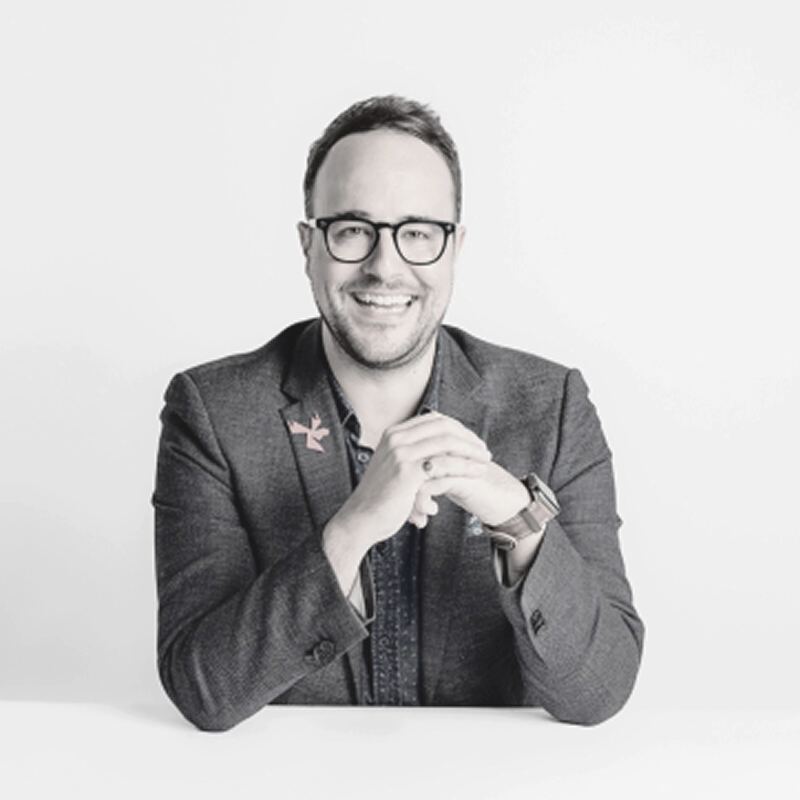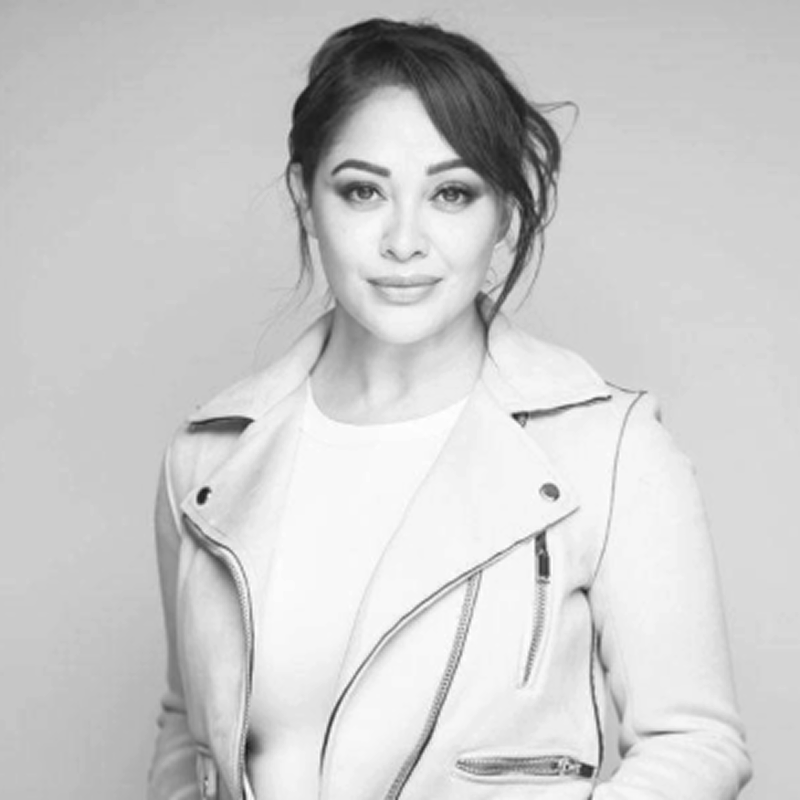
ASKING FOR A FRIEND
I got really high marks at uni but I am constantly getting knocked back when applying for jobs. Why?
ASKING FOR A FRIEND - QUESTION
Scoring top marks at uni but struggling to land a job? You’re not the only one. In this honest conversation, Nick Hunter (CEO of Paper Moose) and Dr. Khristin Highet (psychologist and founder of Mind Evolution Enterprises) unpack why employers look beyond grades when hiring and what they actually value. With practical tips for crafting applications that show your whole self (and warnings about pitfalls like AI-generated cover letters), this discussion will help you rethink your job search and approach it with more confidence and clarity.
Pouring your heart and soul into your degree, walking away with top marks, and then hitting wall after wall in the job market? It can feel gutting. You’ve proven your talent on paper, yet employers keep saying no. Here’s the thing: you’re not alone, and there’s more to the story than your grades.
This question was explored by Nick Hunter, Co-founder, CEO and Executive Creative Director of Paper Moose (a B Corp certified creative agency), and Dr. Khristin Highet, a clinical psychologist and founder of Mind Evolution Enterprises. Andy Wright, founder of Never Not Creative and CEO of Streamtime, facilitated the conversation.
Employers hire the whole person, not just grades
Top marks might be an achievement, but they’re only one part of who you are. Nick is refreshingly honest: "When I'm looking for employees, in all honesty I'm probably not even ever going to look at marks or I care about the whole human being and what they're going to bring to Moose and how that is going to work with the rest of the team."
The industry has changed. Many employers have dropped "university degree required" from job ads. Why? Because grades alone don’t show how you collaborate, adapt, or bring creative energy to a team. Employers are looking at the bigger picture.
What employers really want to see
Beyond academic success, they want to get a sense of who you are: your personality, your passion, and how you might contribute to their culture. Nick encourages candidates to ask themselves: "what else are you bringing to the table... what about your personality... what would make you a great contribution to a team that you're adding to."
This means showing you understand the business you’re applying to and how your unique skills can help them achieve their goals. It’s empathy and research rolled into your application.
The power of a thoughtful cover letter
A thoughtful, personal cover letter can make all the difference. Nick loves when candidates write: "a letter about why they want to work for Paper Moose and you can immediately – because we'll have hundreds of applications a year – it immediately just goes okay well this person really cares about working for us, they understand what we do and how they would fit into that ecosystem."
That personal connection can help you rise above the sea of generic CVs. Nick reminds us: "often people will just send in a CV with no kind of regard as to me reading it... have a bit of empathy for the people reading these things as well."
Avoid the AI trap
Don’t outsource your story to AI. Nick shares that during a recent recruitment process, "you could very quickly tell whose cover letters had been written by AI... because it's almost some of the things are just like they're too perfect... the paragraph length was exactly the same, the even just the way that it was formatted."
AI might save time, but it strips away the authenticity that makes you memorable. Employers can sense when something is too polished or generic, and it can come across as lacking effort or real enthusiasm. A genuine voice, even if it’s imperfect, will always stand out more than a perfectly formatted but soulless paragraph. That little spark of your personality is what makes people want to know more about you.
Strategic self-marketing and research
Dr. Khristin Highet encourages being strategic with your self-marketing. Your cover letter, portfolio, and CV are all tools to tell your story. Do your research: "Do your research on who you're applying to... do you understand their business and what they're trying to achieve and make sure that you communicate or link that with what you can offer them."
Don’t just say you’re keen, show you’ve taken time to understand what they need and how you’re the right fit.
Get feedback and perspective
Before hitting send, ask a friend or mentor to review your application. Khristin’s advice: "Get a friend or a colleague to have a look at your cover letter and ask them do you would you hire me, is there something in here that do you think my full personality is coming across in this letter, in this CV."
Fresh eyes can help you spot where your personality isn’t shining through.
How Never Not Creative's Internship Guide can help
Sometimes a great way to get your foot in the door is through an internship. But we’re clear about this: it must be a paid internship. Unpaid internships are unfair, unethical and, in Australia, they’re illegal. If you’re considering this route, Never Not Creative’s Internship Guide and Resources can help you find the right opportunity and navigate the process. It’s full of practical tools, templates, onboarding advice and feedback forms to help you understand what employers expect and how to make a paid internship work for you.
Consider Never Not Finishing School
Never Not Finishing School is our 7-session program designed to genuinely bridge the gap between creative education and the realities of getting a job. We go deeper than just CV tips – you’ll build confidence in talking about yourself and your work, learn how and where to find real opportunities, and develop the tools to care for your wellbeing during the rollercoaster of job hunting. Each session is led by generous industry leaders and recent graduates who’ve been exactly where you are, so you’ll get practical insights about what employers actually want and how to present your whole self – not just your achievements – when applying for roles.
You’re not alone in this journey
Being rejected despite high marks can mess with your confidence, but it doesn’t mean you’re not good enough. The job market asks for a different set of skills than university did. It’s about learning how to tell your story, show your personality, and connect with what employers actually need.
Your grades are a strength, but they’re not the full picture. Focus on showing your whole self – the curious, passionate, resourceful human behind the marks.
Employers are hiring a person, not a transcript.
our guests
Industry Leader

Nick Hunter
Paper Moose
Mental Health Expert

Khristin Highet
Host

